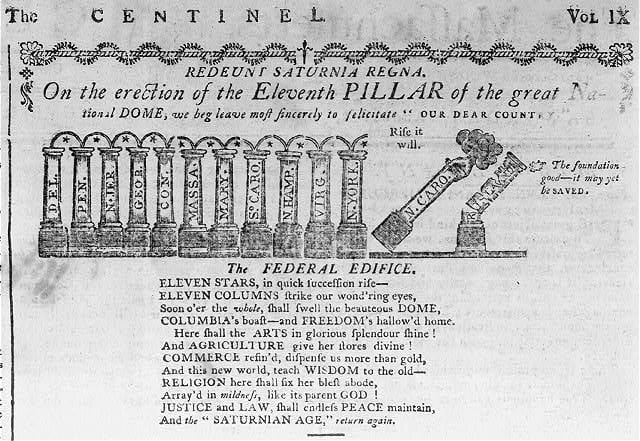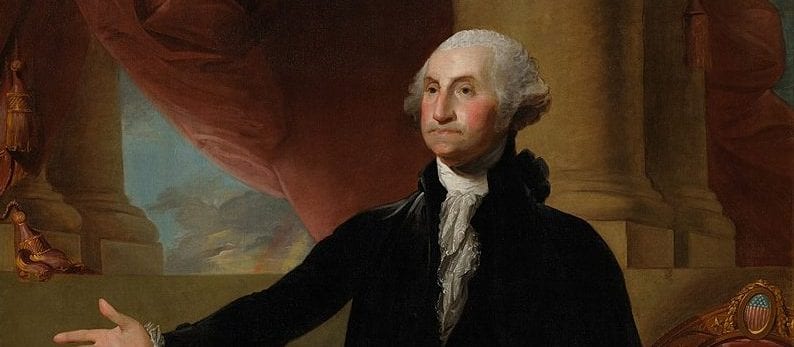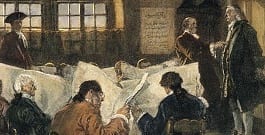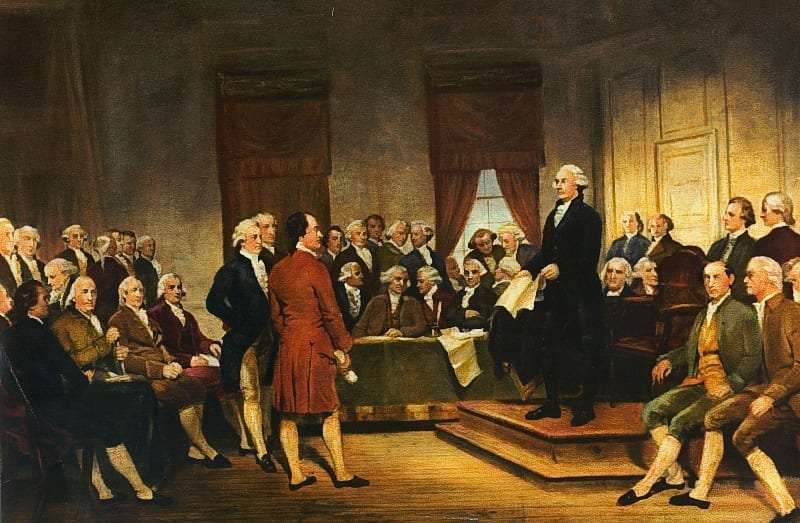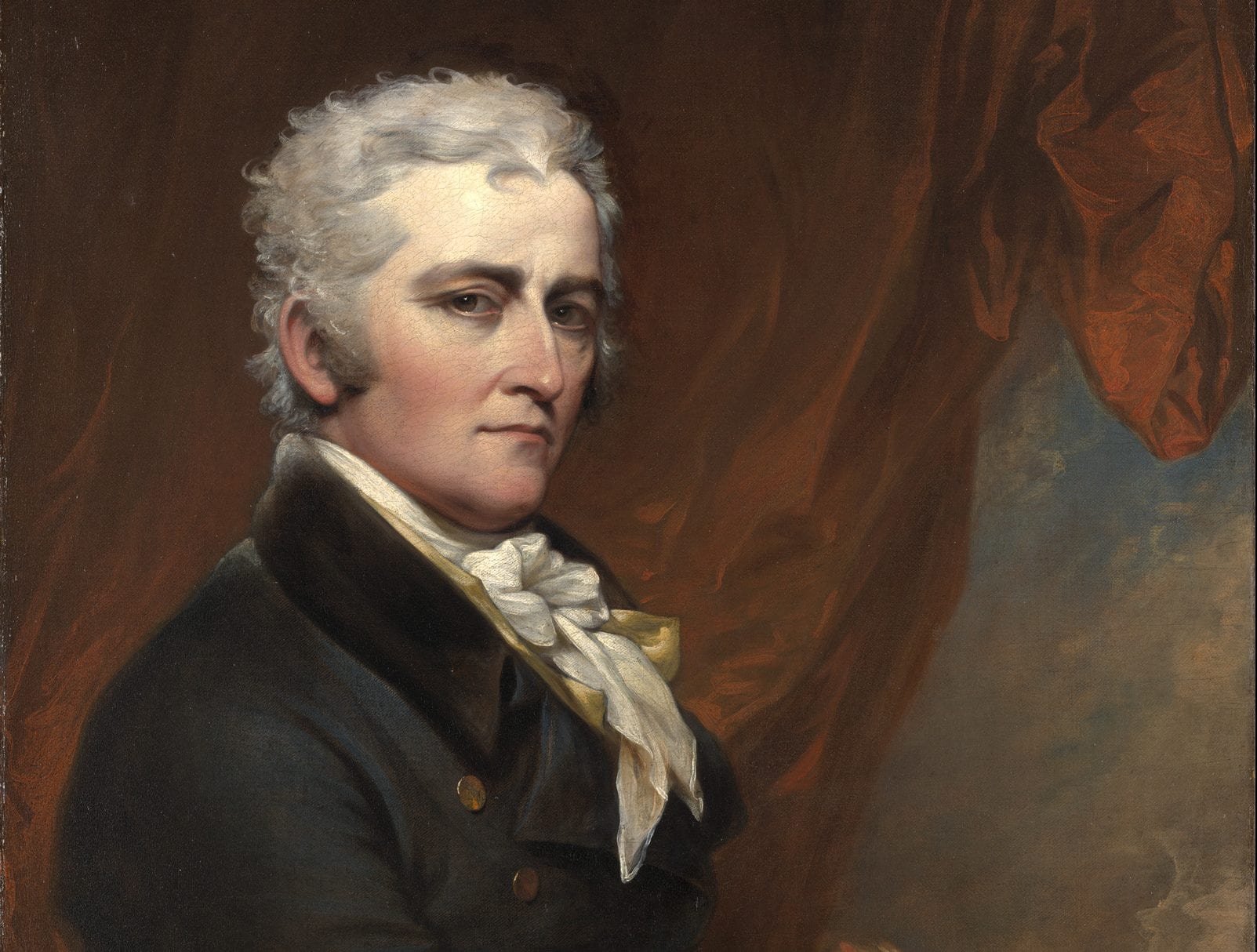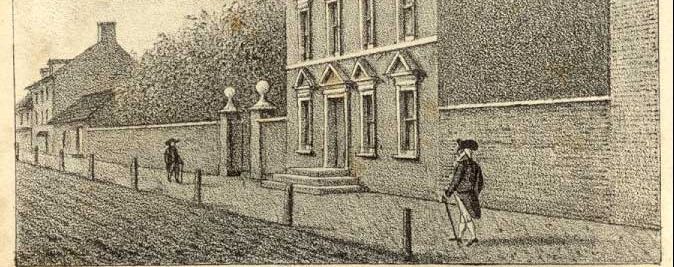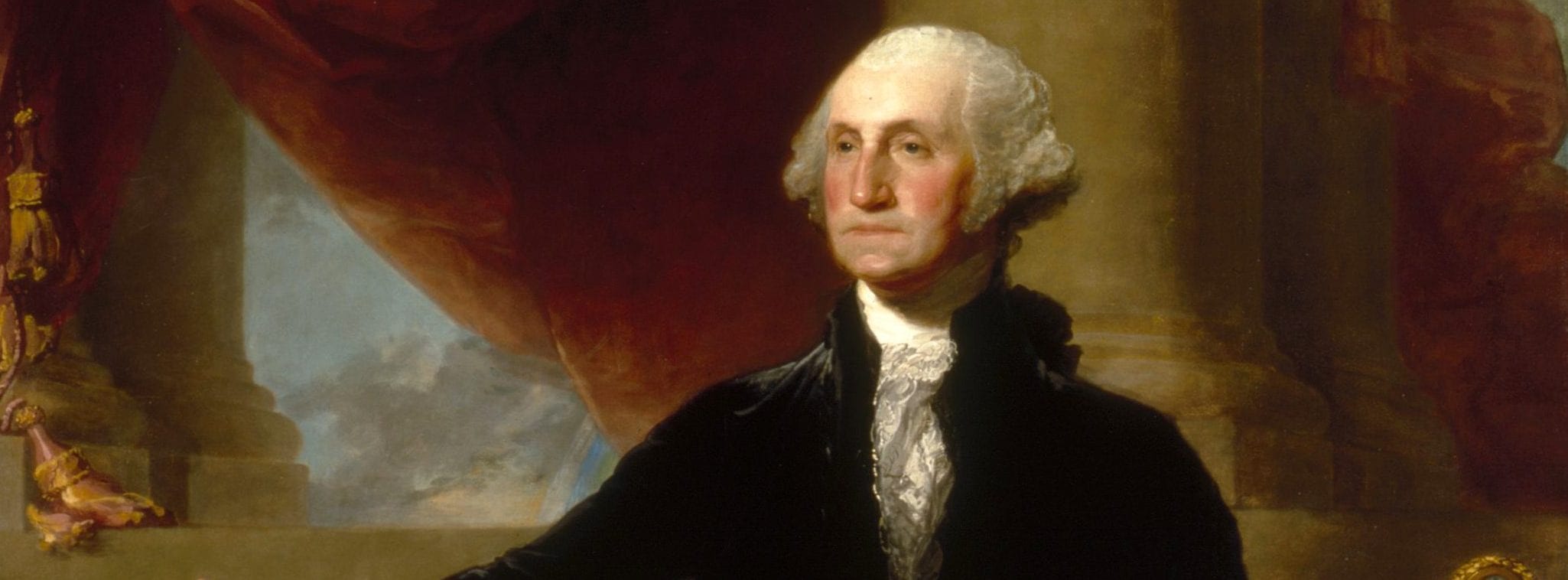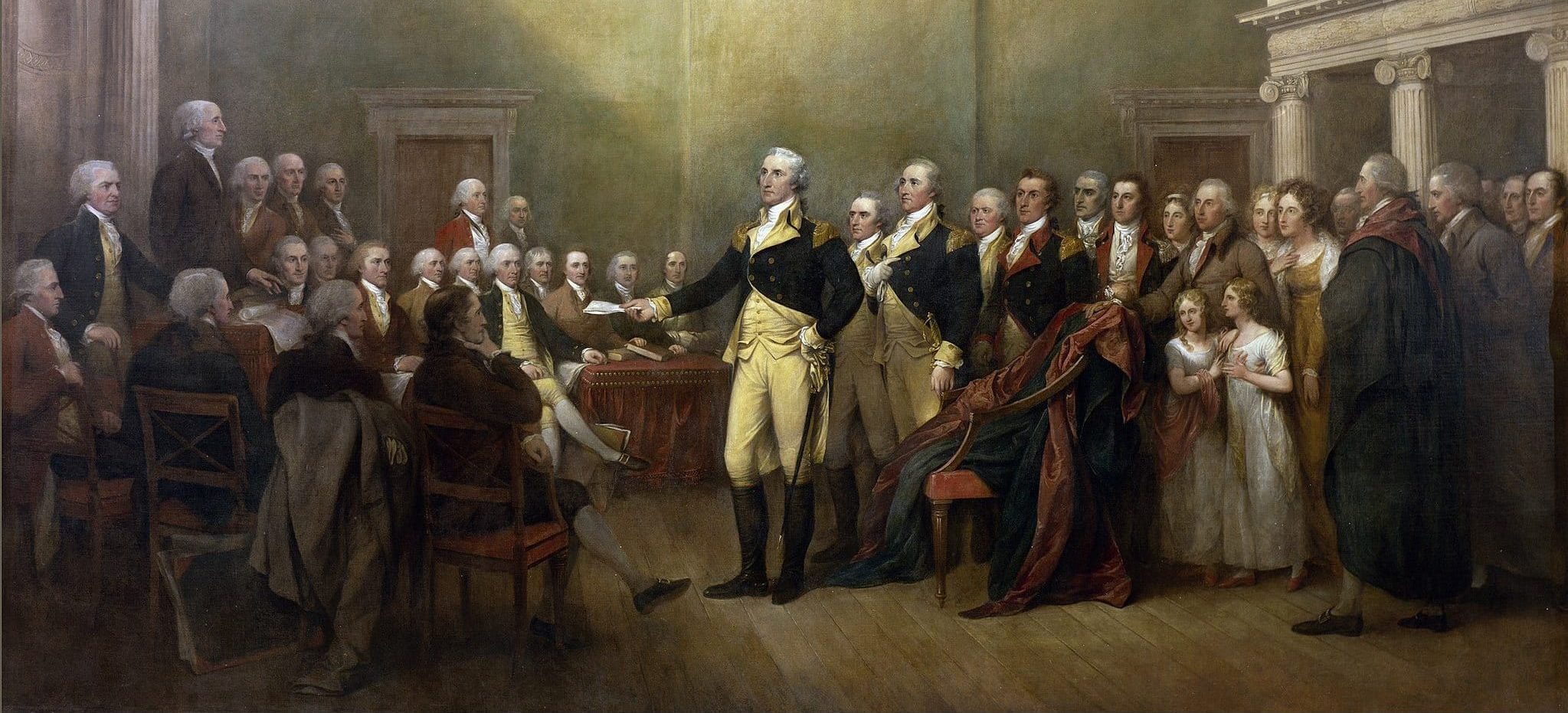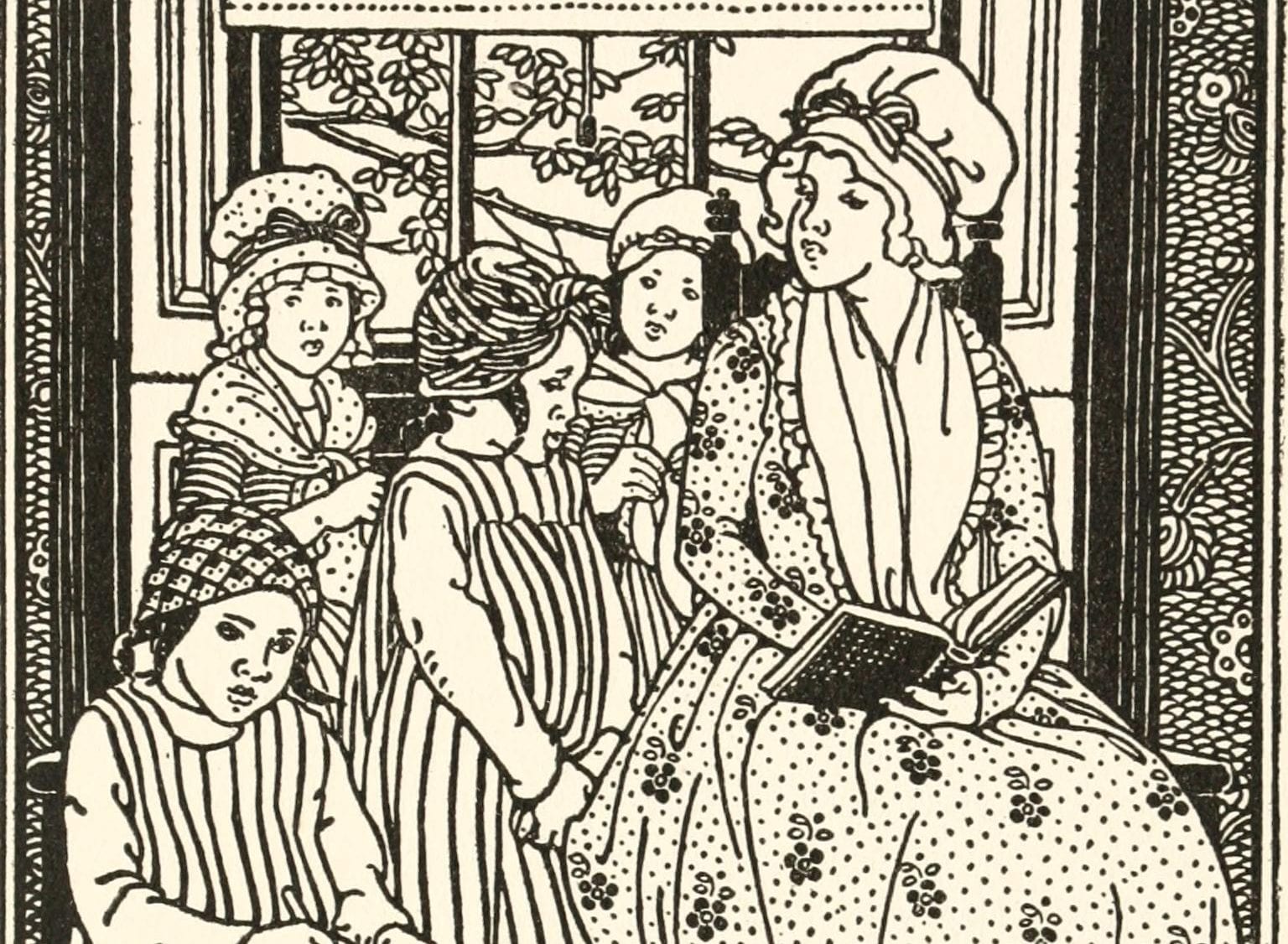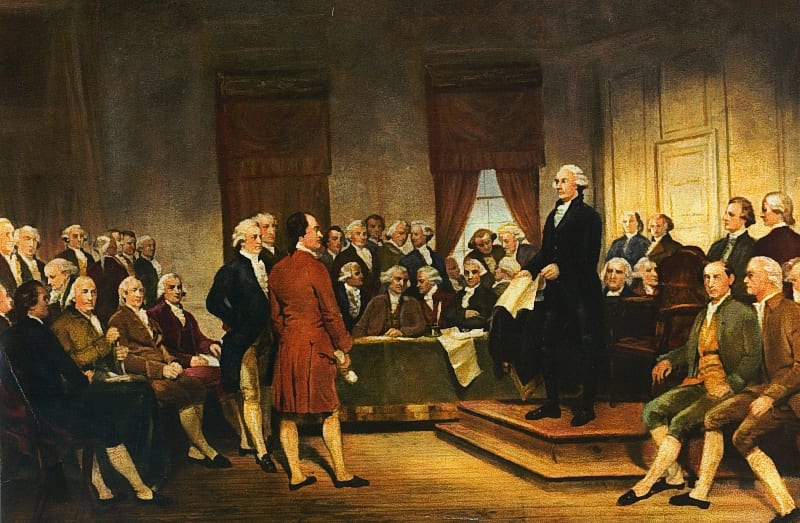
Sir, I have proved, sir, that not only some power is given in the constitution to restrain, and even to subject the press, but that it is a power totally unlimited; and may certainly annihilate the freedom of the press, and convert it from being the palladium of liberty to become an engine of imposition and tyranny. It is an easy step from restraining the press to making it place the worst actions of government in so favorable a light, that we may groan under tyranny and oppression without knowing from whence it comes.
But you comfort us by saying,—”there is no reason to suspect so popular a privilege will be neglected.” The wolf, in the fable, said as much to the sheep, when he was persuading them to trust him as their protector, and to dismiss their guardian dogs. Do you indeed suppose, Mr. Wilson, that if the people give up their privileges to these new rulers they will render them back again to the people? Indeed, sir, you should not trifle upon a question so serious—You would not have us to suspect any ill. If we throw away suspicion—to be sure, the thing will go smoothly enough, and we shall deserve to continue a free, respectable, and happy people. Suspicion shackles rulers and prevents good government. All great and honest politicians, like yourself, have reprobated it. Lord Mansfield is a great authority against it, and has often treated it as the worst of libels. But such men as Milton, Sidney, Locke, Montesquieu, and Trenchard, have thought it essential to the preservation of liberty against the artful and persevering encroachments of those with whom power is trusted. You will pardon me, sir, if I pay some respect to these opinions, and wish that the freedom of the press may be previously secured as a constitutional and unalienable right, and not left to the precarious care of popular privileges which may or may not influence our new rulers. You are fond of, and happy at, quaint expressions of this kind in your observation-that a formal declaration would have done harm, by implying, that some degree of power was given when we undertook to define its extent. This thought has really a brilliancy in it of the first water. But permit me, sir, to ask, why any saving clause was admitted into this constitution, when you tell us, every thing is reserved that is not expressly given? Why is it said in sec. 9th, “The migration or importation of such persons as any of the states now existing shall think proper to admit, shall not be prohibited by Congress, prior to the year, 1808.” There is no power expressly given to the Congress to prohibit migrations and importations. By your doctrine then they could have none, and it was, according to your own position, nugatory to declare they should not do it. Which are we to believe, sir,—you or the constitution? The text, or the comment. If the former, we must be persuaded, that in the contemplation of the framers of the constitution implied powers were given, otherwise the exception would have been an absurdity. If we listen to you we must affirm it to be a distinctive characteristic of the constitution, that—”what is not expressly given is reserved.” Such are the inconsistences into which men over ingenuous, like yourself, are betrayed in advocating a bad cause. Perhaps four months more consideration of the subject, would have rendered you more guarded.
I come now to the consideration of the trial by jury in civil cases. And here you have, indeed, made use of your professional knowledge—But you did not tell the people that your profession was always to advocate one side of a question—to place it in the most favorable, though false, light—to rail where you could not reason—to pervert where you could not refute-and to practice every fallacy on your hearers—to mislead the understanding and pervert judgment. In right of this professional practice, you make a refutable objection of your own, and then triumphantly refute it. The objection you impute to your opponents is—the trial by jury is abolished in civil cases. This you call a disingenuous form—and truly it is very much so on your part and of your own fabrication. The objection in its true form is, that—trial by jury is not secured in civil cases. To this objection, you could not possibly give an answer; you therefore ingenuously coined one to which you could make a plausible reply. We expected, and we had a right to expect, that such an inestimable privilege as this would have been secured—that it would not have been less dependent on the arbitrary exposition of future judges, who, when it may suit the arbitrary views of the ruling powers will explain it away at pleasure. We may expect Tressellians, Jeffrees’s, and Mansfield’s here, and if they should not be native with us, they may possibly be imported.
But, if taken even on your own ground it is not so clearly tenable. In point of legal construction, the trial by jury does seem to be taken away in civil cases. It is a law maxim, that the expression of one part is an exclusion of the other. In legal construction therefore, the reservation of trial by jury in criminal, is an exclusion of it in civil cases. Why else should it be mentioned at all? Either it followed of course in both cases, or it depended on being stipulated. If the first, then the stipulation was nugatory—if the latter, then it was in part given up. Therefore, either we must suppose the Convention did a nugatory thing; or that by the express mention of jury in criminal, they meant to exclude it in civil cases. And that they did intend to exclude it, seems the more probable, as in the appeal they have taken special care to render the trial by jury of no effect by expressly making the court judges both of law and fact. And though this is subjected to the future regulation of Congress, yet it would be absurd to suppose, that the regulation meant its annihilation. We must therefore conclude, that in appeals the trial by jury is expressly taken away, and in original process it is by legal implication taken away in all civil cases.
Here then I must repeat—that you ought to have stated fairly to the people, that the trial by jury was not secured; that they might know what, it was they were to consent to; and if knowing it, they consented, the blame could not fall on you. Before they decide, however, I will take leave to lay before them the opinion of that great and revered Judge Lord Camden, whose authority is, I hope, at least equal to that of Mr. Wilson.—”There is, says he, scarce any matter of challenge allowed to the judge, but several to the jurors, and many of them may be removed without any reason alledged. This seems to promise as much impartiality as human nature will admit, and absolute perfection is not attainable, I am afraid, either in judge or jury or any thing else. The trial by our country, is in my opinion, the great bulwark of freedom, and for certain, the admiration of all foreign writers and nations. The last writer of any distinguished note, upon the principles of government, the celebrated Montesquieu, is in raptures with this peculiar perfection in the English policy. From juries running riot, if I may say so, and acting wildly at particular seasons, I cannot conclude, like some Scottish Doctors of our law and constitutions, that their power should be lessened. This would, to use the words of the wise, learned, and intrepid Lord Chief Justice Vaughan, be—a strange newfangled conclusion, after a trial so celebrated for so many hundreds of years.”
Such are the opinions of Lord Camden and Vaughan, and multitudes of the first names, both English and other foreigners might be cited, who bestow unbounded approbation on this best of all human modes for protecting, life, liberty, and property.
I own then, it alarms me, when I see these Doctors of our constitutions cutting in twain this sacred shield of public liberty and justice. Surely my countrymen will think a little before they resign this strong hold of freedom. Our state constitutions have held it sacred in all its parts. They have anxiously secured it. But that these may not shield it from the intended destruction in the new constitution, it is therein as anxiously provided, that “this constitution, and the laws of the United States, which shall be made in pursuance thereof; or which shall be made under the authority of the United States, shall be the supreme laws of the land; and the judges in every state, shall be bound thereby; any thing in the constitution and laws of any state, to the contrary not-withstanding.”
Thus this new system, with one sweeping clause, bears down every constitution in the union, and establishes its arbitrary doctrines, supreme and paramount to all the bills and declarations of rights, in which we vainly put our trust, and on which we rested the security of our often declared, unalienable liberties. But I trust the whole people of this country, will unite, in crying out, as did our sturdy ancestors of old—Nolumus leges anglicae mutari.—We will not part with our birthright.

Conversation-based seminars for collegial PD, one-day and multi-day seminars, graduate credit seminars (MA degree), online and in-person.




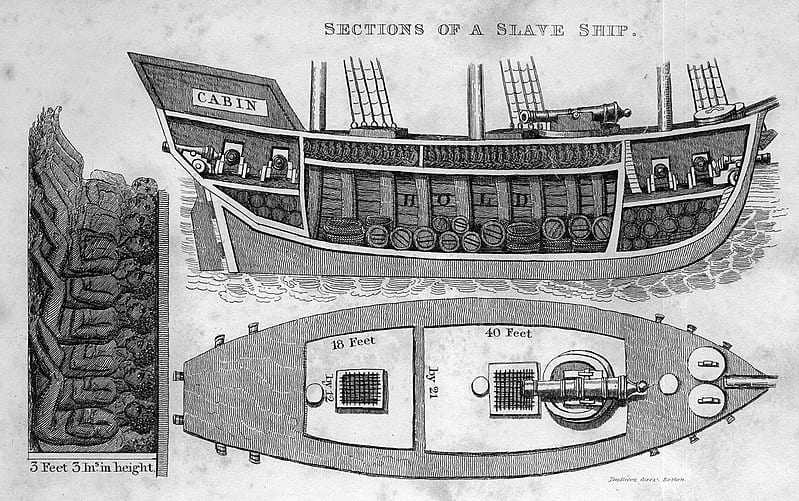






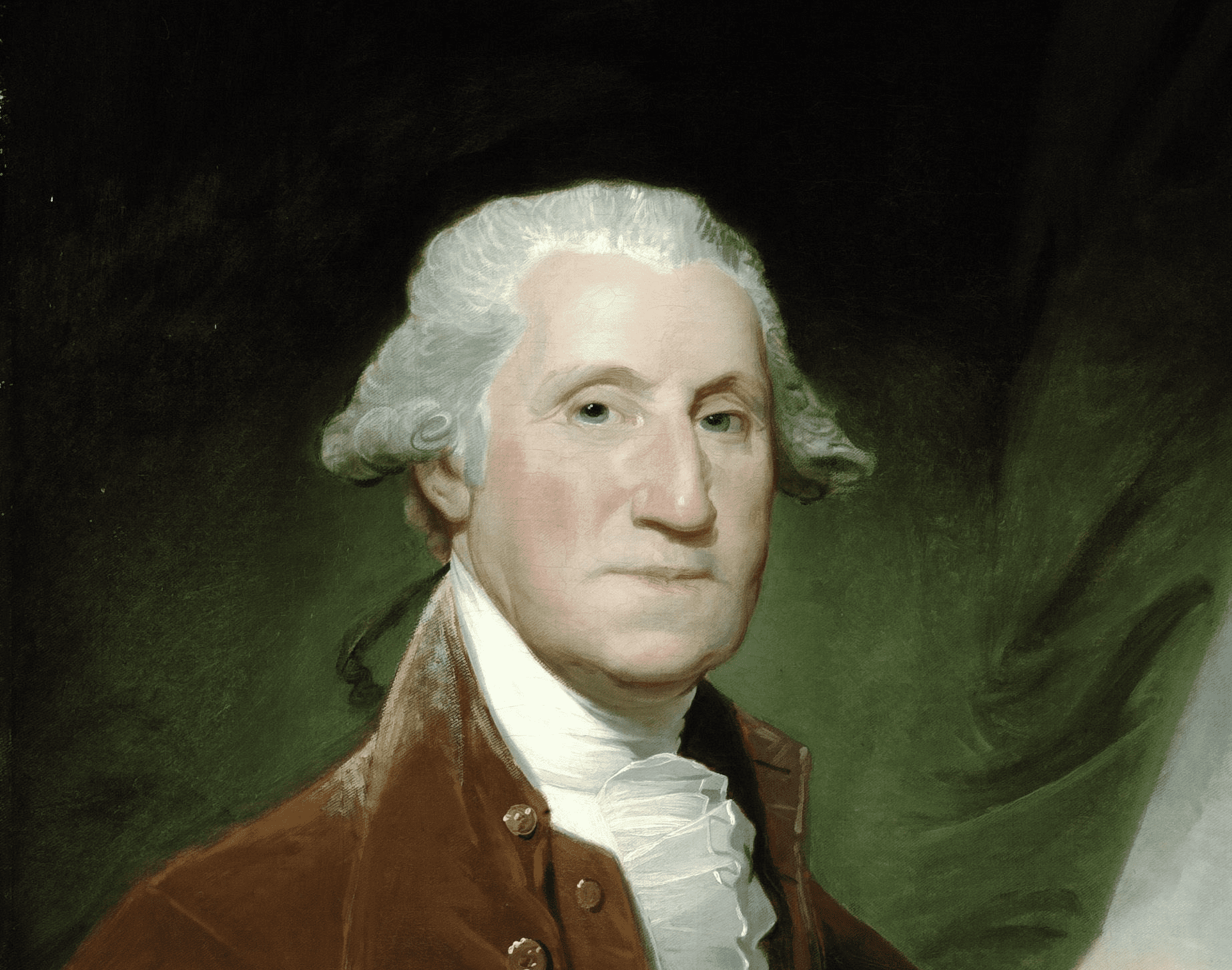















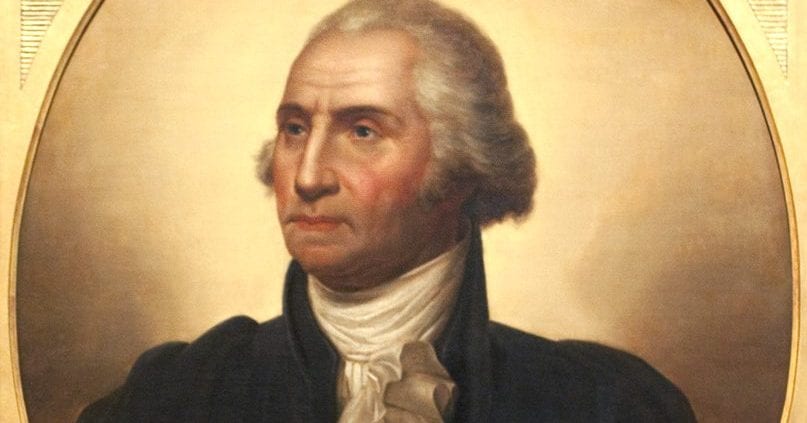
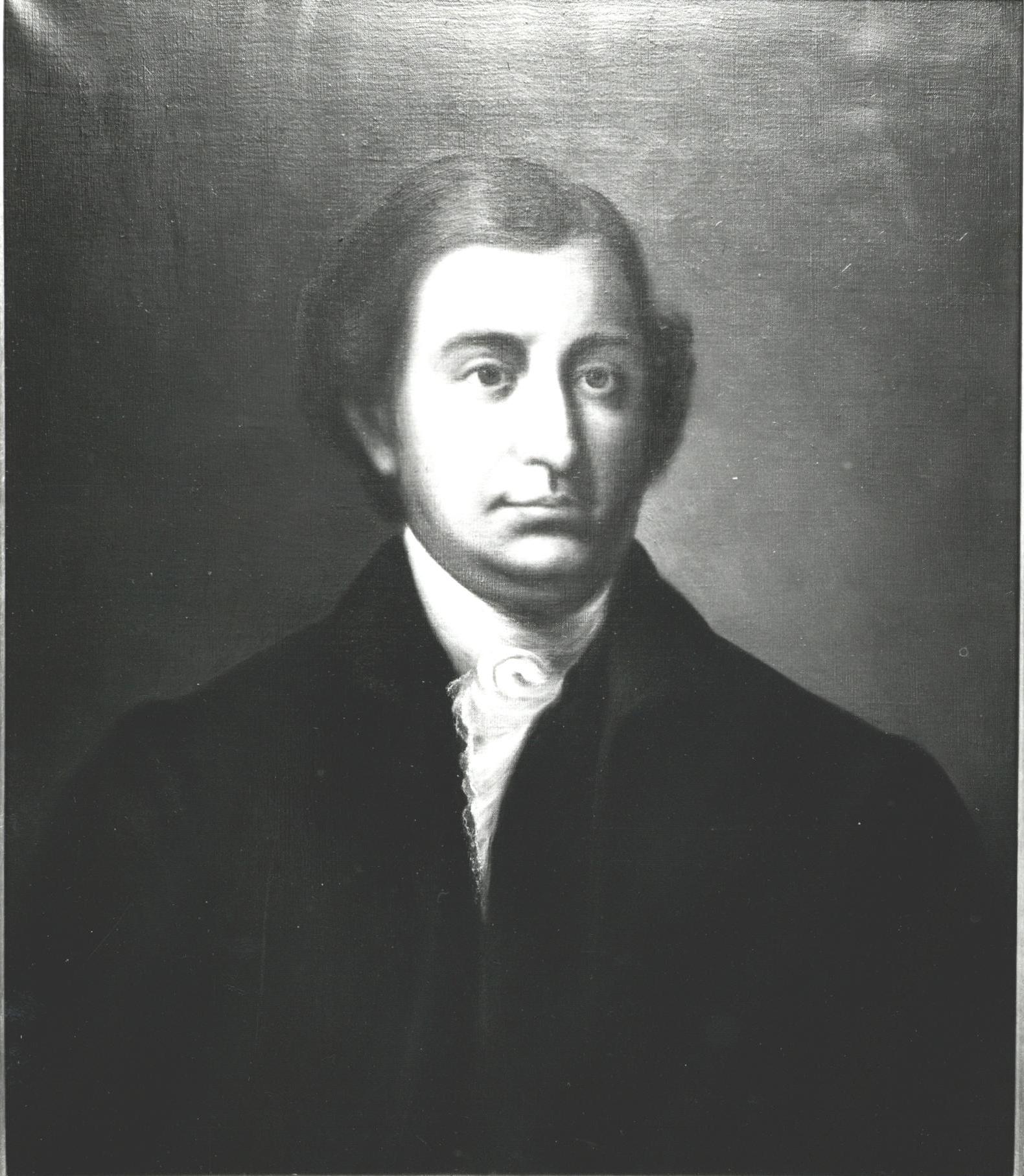
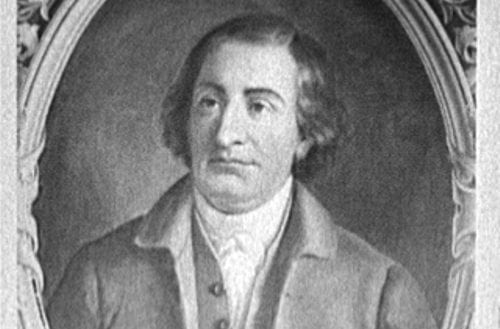
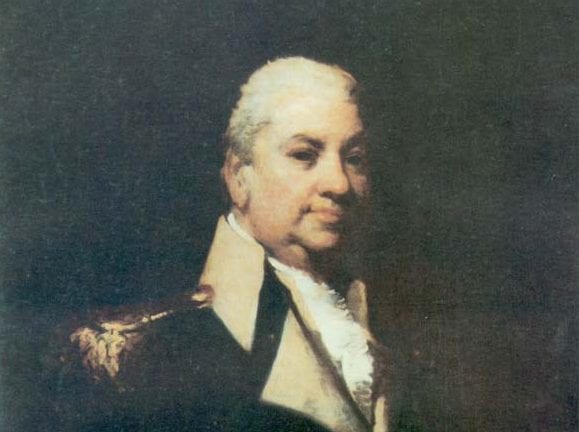




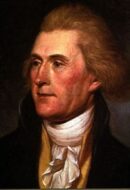













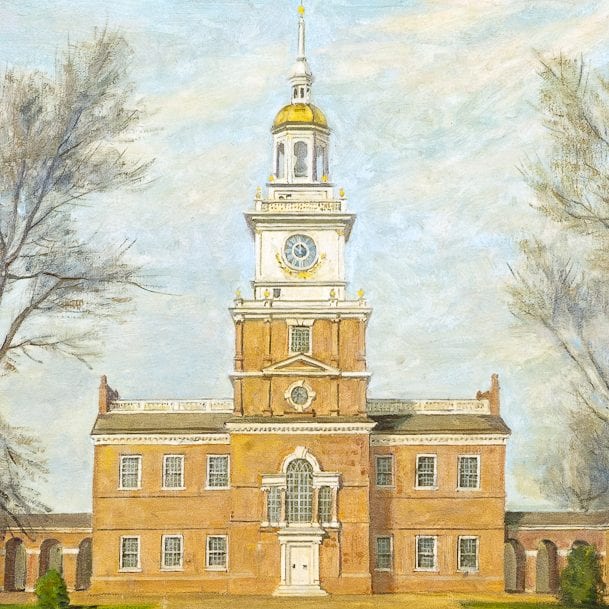

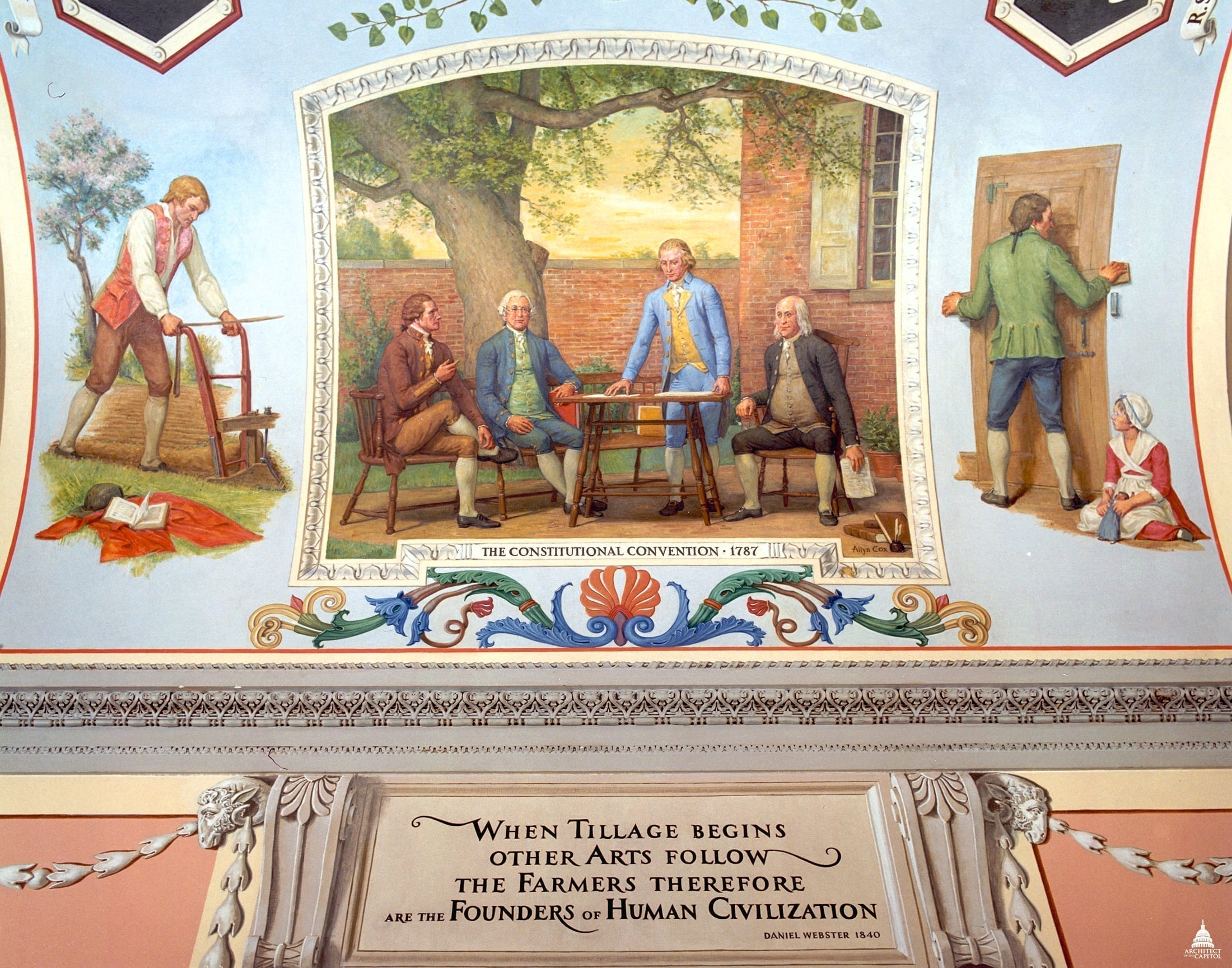

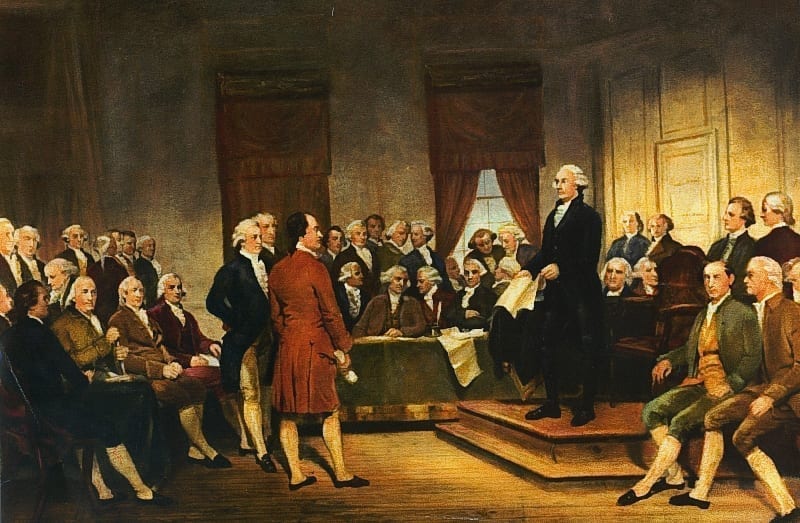


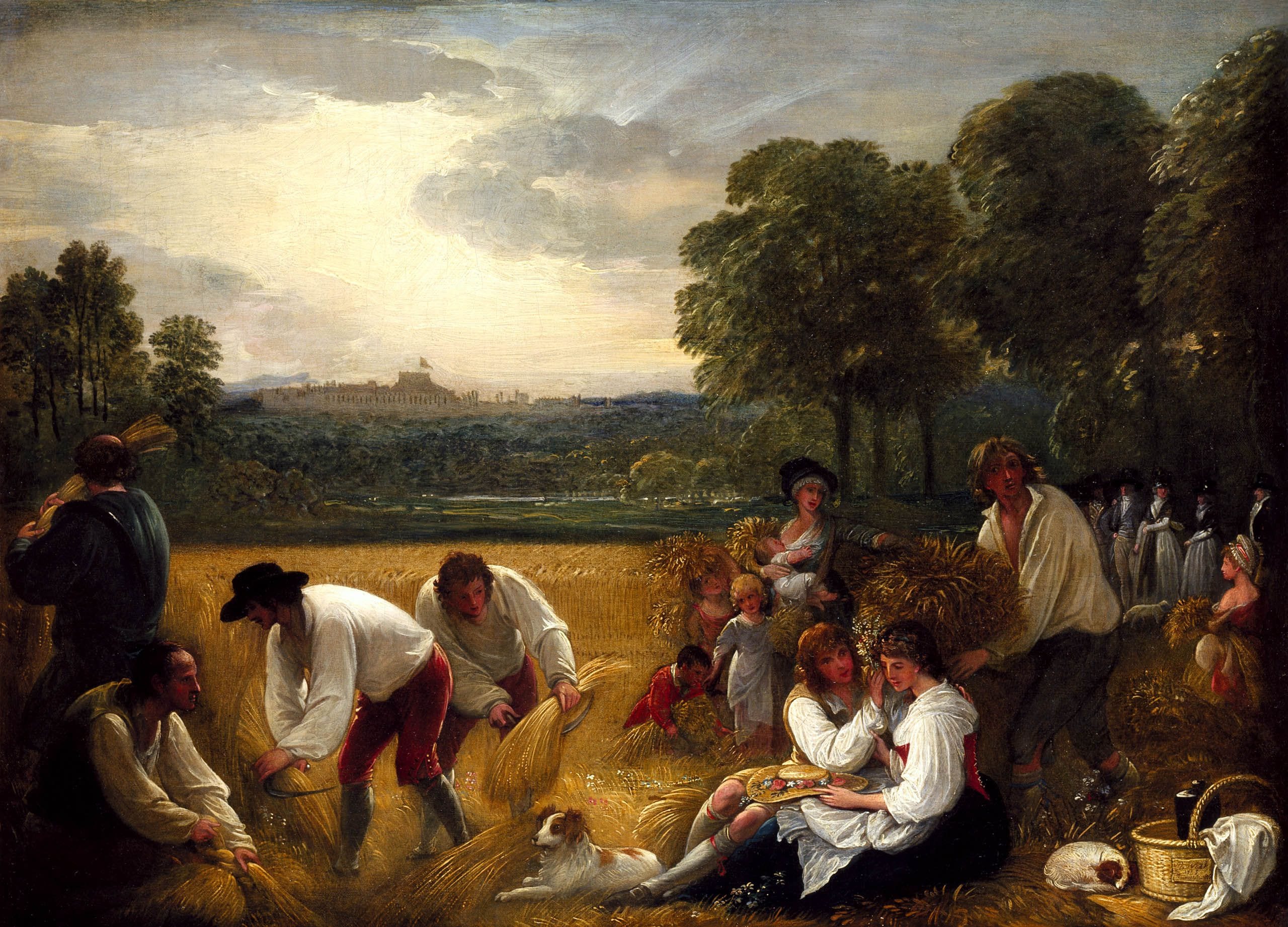


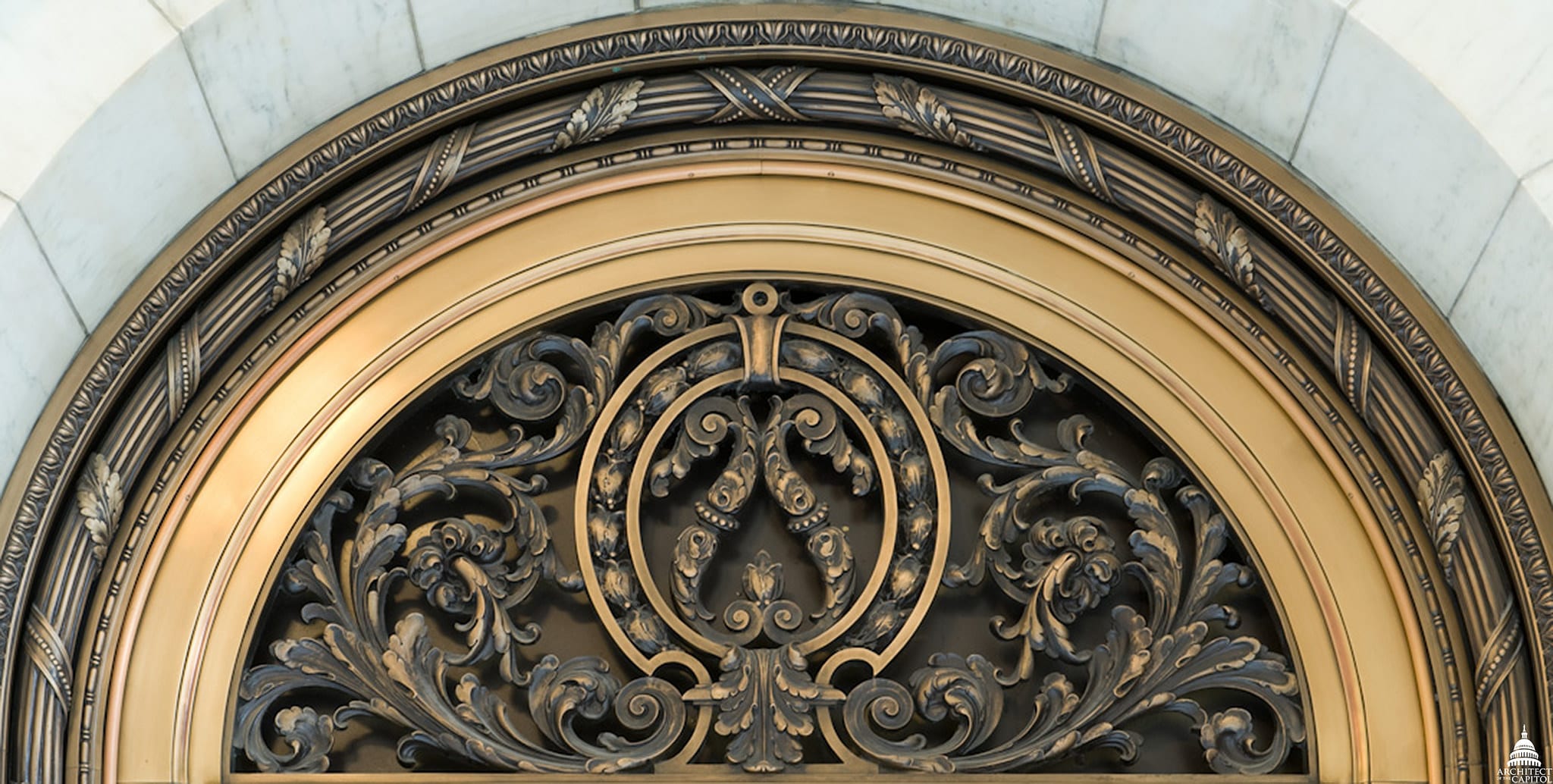













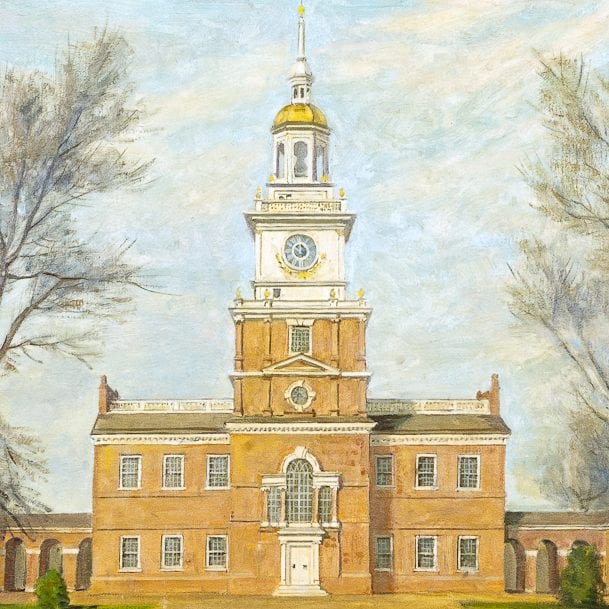
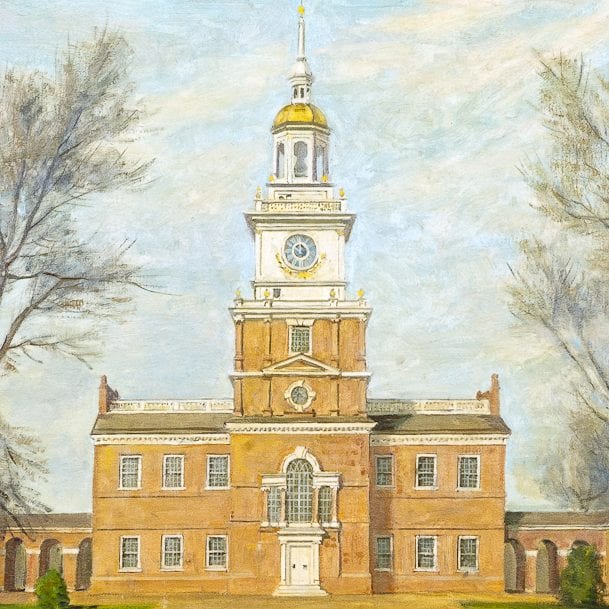






































































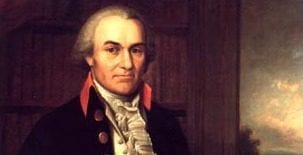



























![Finley, A. (1829) Pennsylvania. Philada. [Map] Retrieved from the Library of Congress, https://www.loc.gov/item/98688548/.](/content/uploads/2024/02/Map-of-PA--273x190.jpg)





















